Churchill Downs Inc. moves to close Louisiana's Fair Grounds Race Course
The geographic footprint of horse racing is shrinking. That could be taken one step further as Churchill Downs Inc. sets the wheels in motion to shutter the second-oldest racetrack in America.
Churchill Downs Inc. (CDI) purchased New Orleans’ Fair Grounds Race Course in 2004. The company is now preparing to close the center of horse racing in the state of Louisiana after losing multiple legal battles that threaten its business.
Fair Grounds Loses Historical Horse Racing Machines
Remember the big fight in Kentucky over Historical Horse Racing (HHR) machines? If you’re not familiar, these are slot machines that use semantics to appease legislators as a workaround to calling them slot machines. Using HHR verbiage instead of simple slot machines saved horse racing in Kentucky by supplementing the industry’s income. It’s doing the opposite in Louisiana, a state that has relatively open gaming laws.
The Louisiana State Supreme Court struck down a piece of legislation in March, ruling that HHR machines were unconstitutional without prior local voter approval as a new form of gambling. Since losing the legal battle, CDI has attempted to lobby legislators into action without any success.
Without HHR machines to supplement its revenue, Churchill Downs says it cannot cover the $9 million annually to maintain Fair Grounds. There has been a war of words between CDI, Louisiana officials, and horsemen. Now, Churchill Downs is prepared to take this game of chicken to the end.
What Churchill Downs is Saying
In a letter to the Louisiana State Racing Commission, obtained by the Paulick Report, Churchill Downs CEO Bill Carstanjen said it plans to relinquish its live racing, off-track betting, and slot licenses, effectively ending all operations at Fair Grounds.
“CDI is left with no choice but to request an appearance before the LSRC to begin the next steps for voluntarily surrendering the racing license held by the Fair Grounds.”
Top 10
- 1Breaking
Stein Contract
5 years, $28.5M
- 2New
Stoops' Buyout
How much did it cost?
- 3New
AP Poll
UK drops out for 1st time since Jan. '23
- 4New
Energy & Effort
UK's two objectives after Gonzaga loss
- 5
Gonzaga 94, Kentucky 59
That was awful
Get the Daily On3 Newsletter in your inbox every morning
By clicking "Subscribe to Newsletter", I agree to On3's Privacy Notice, Terms, and use of my personal information described therein.
Carstanjen added: “This is not the path CDI wishes to proceed down, but the inaction from elected officials to offer any sort of compromise has made this the only possible outcome. … Closing one of the nation’s oldest racetracks, and the most important track in Louisiana, will be a devastating blow to Louisiana’s equine industry and the New Orleans economy. It will also have an immediate detrimental impact on the livelihoods of the hundreds of employees, local vendors, and community surrounding the Fair Grounds.”
The Fair Grounds meet runs from Thanksgiving through March. It’s one of the most popular destinations for Churchill Downs trainers who wish to keep their horses in action during the winter months, and home to a major Derby prep-race, the Louisiana Derby.
What it Means for Horse Racing
Horse racing is gaining some national traction. Without a Triple Crown on the line, Fox drew $5 million viewers for the Belmont Stakes. It’s on the heels of a record-breaking Kentucky Derby, where 21.8 million people tuned in, the most since NBC began broadcasting the event 25 years ago. However, there’s more bad news than good.
Louisiana may quickly become the next prominent state to lose high-quality horse racing. Hollywood Park was demolished to make way for SoFi Stadium. Golden Gate Fields, just up the road in Northern California, closed last summer. When renovations at Pimlico are complete, Maryland will close Laurel Park. The future for Gulfstream Park in Florida is also bleak.
Horse racing tentpole events are thriving, and many of the places that host those are in great shape because they can supplement their revenues with other forms of gambling. Without those revenue streams, horse racing is dying.
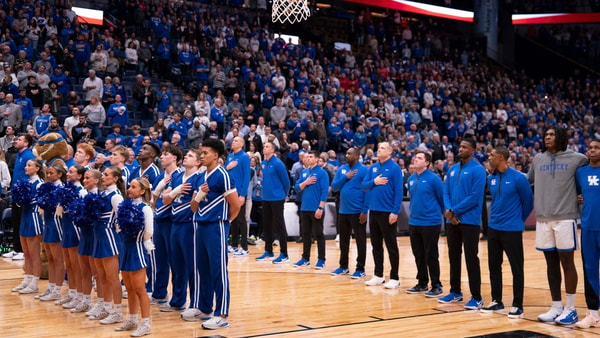
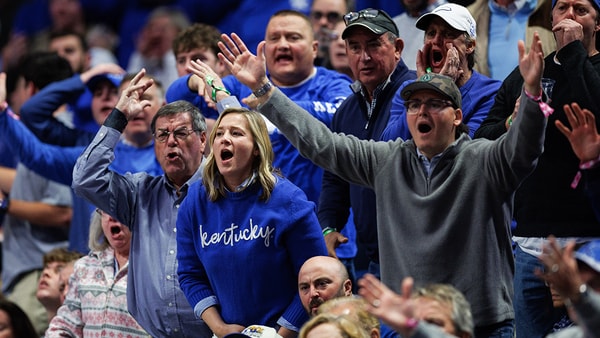
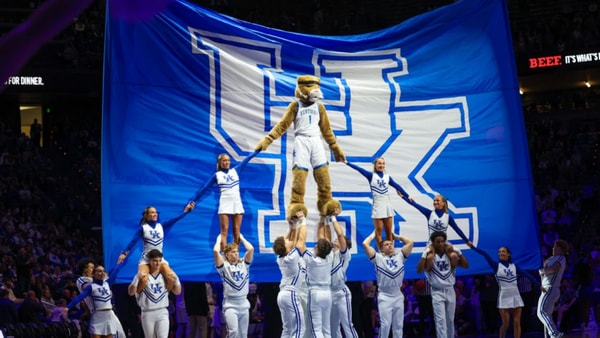
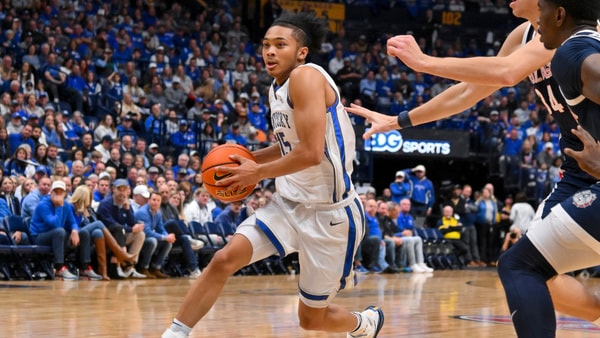
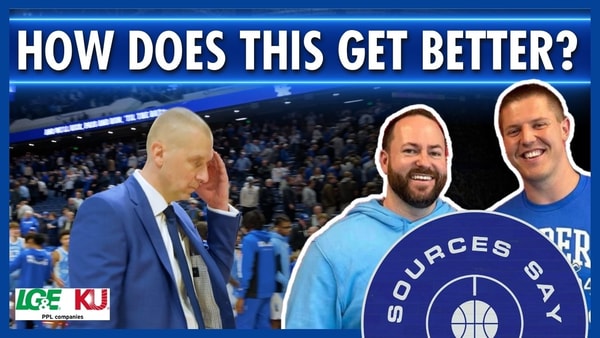

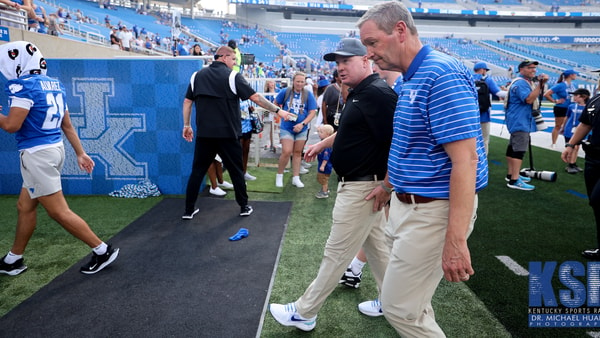
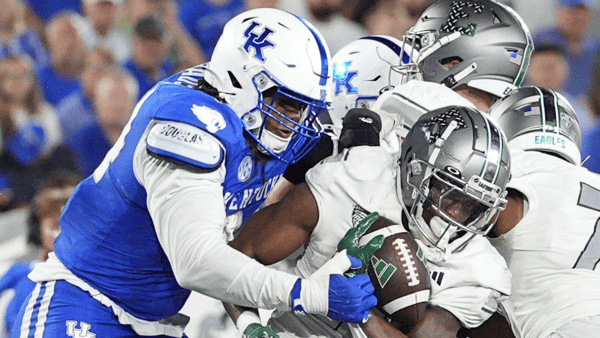
Discuss This Article
Comments have moved.
Join the conversation and talk about this article and all things Kentucky Sports in the new KSR Message Board.
KSBoard